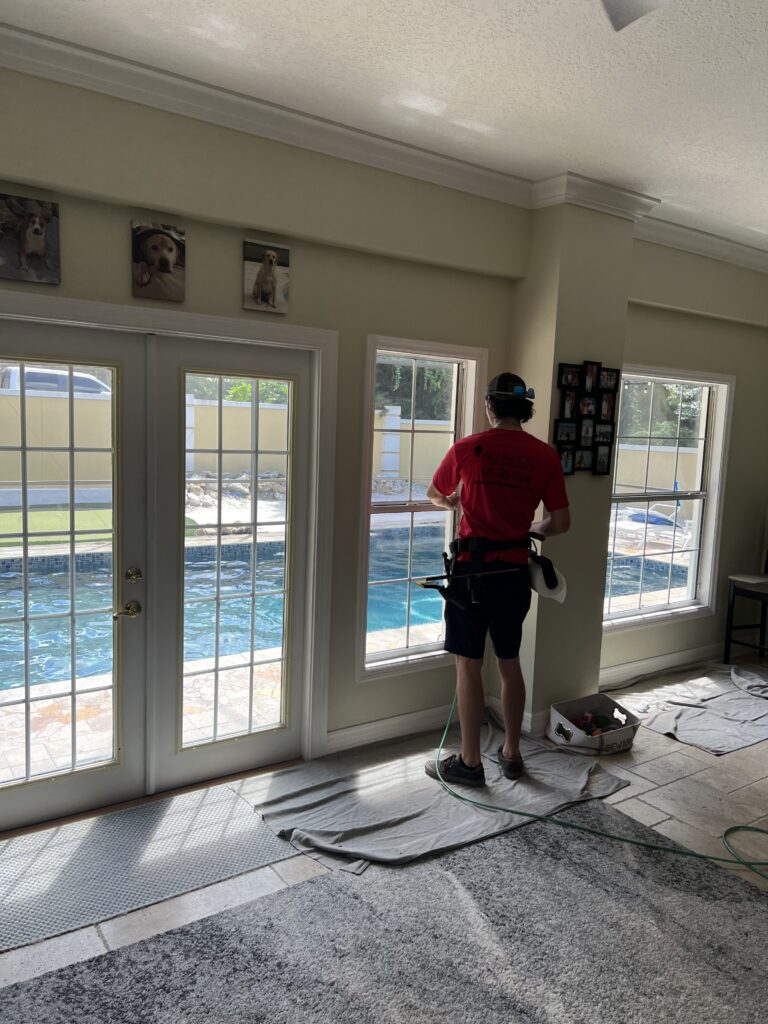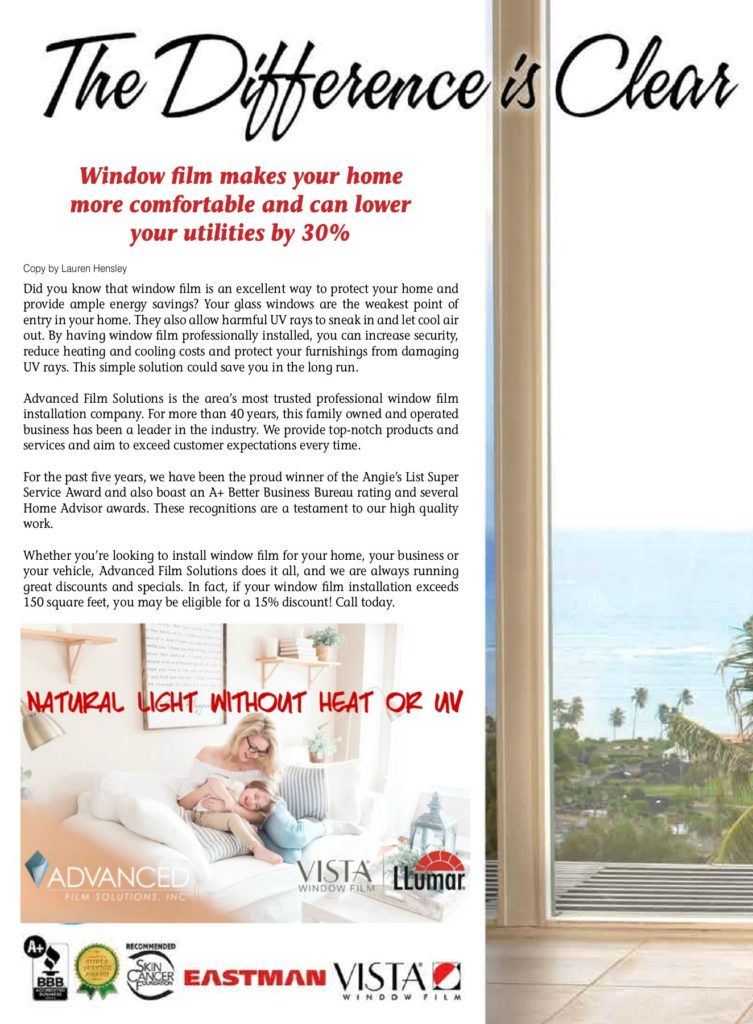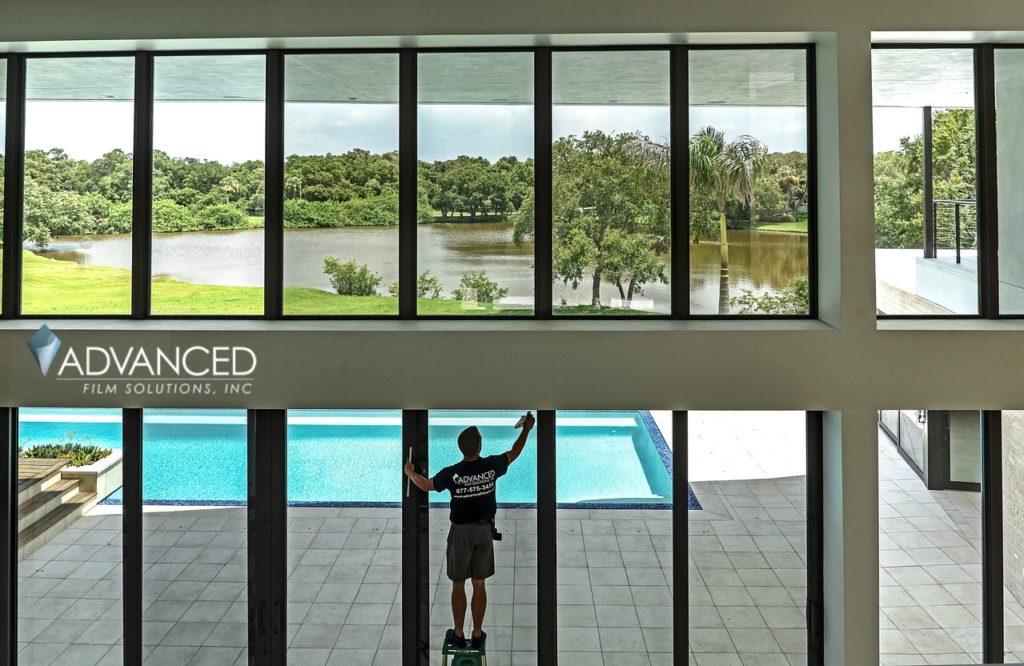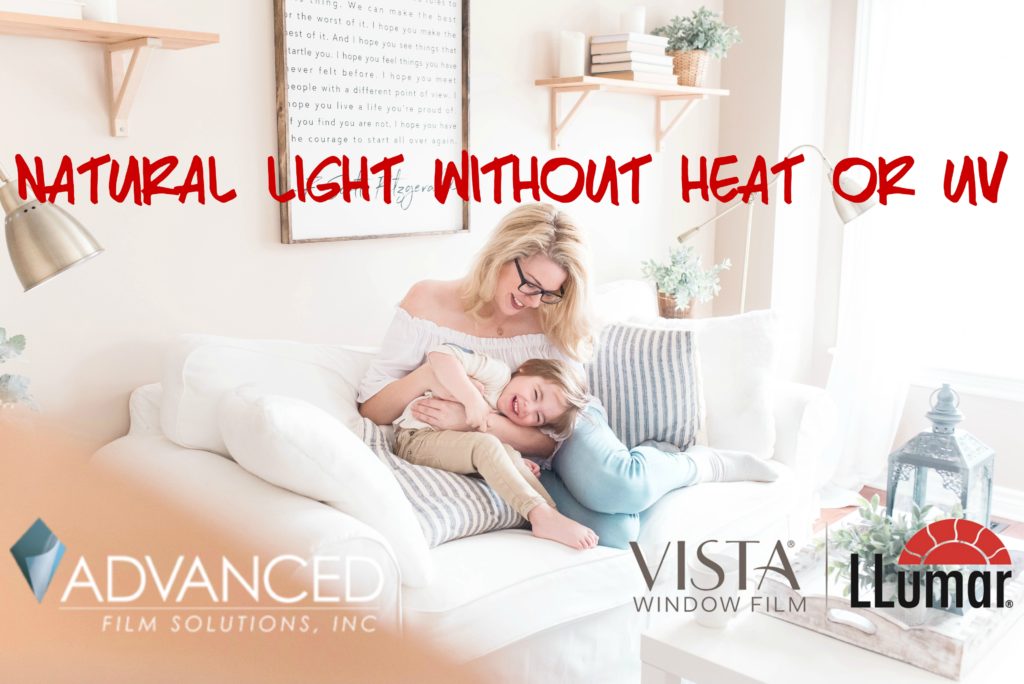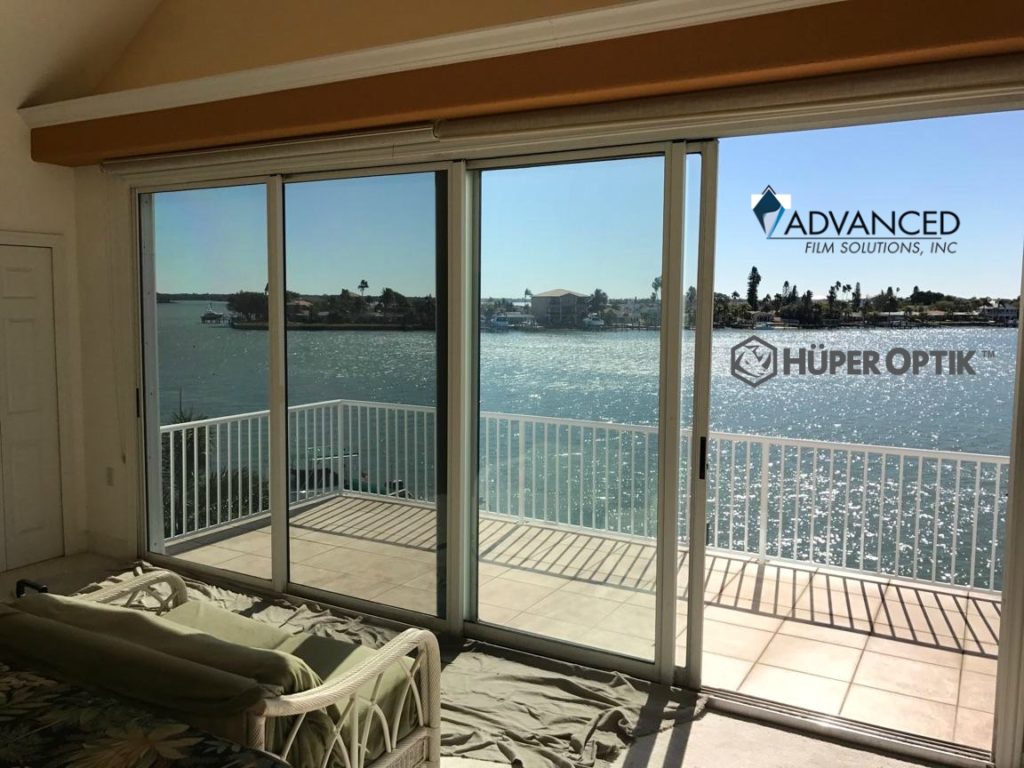We appreciate the daily feedback we get from clients who are conducting their research by comparing window film alternatives.
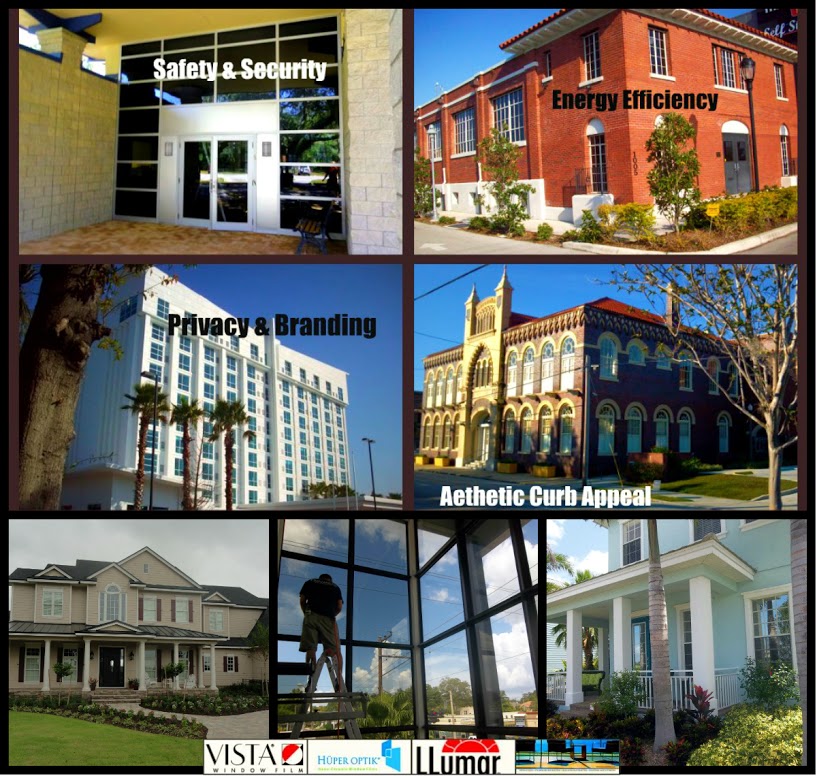
“Everyone is entitled to their opinion but not their own facts.
“Daniel Moynihan US Senator
There are clear films (no tint at all) that can block 97% of the heat. Do we carry this type of film?
Facts: There is no clear, or rather 70% or 80% light transmission film that can block 97% of the heat. PERIOD.
This disinformation stems from confusing heat lamp demo’s done by 3M dealers and their representatives during home estimates or at home depot kiosks.
The demo gives “the illusion” that their film dramatically lowers the heat. The facts present an entirely different story.
IR blocking window films do an excellent job of factoring out the invisible IR wavelengths. Nevertheless, even if there was a film that could block 100% of the IR (and no window film does that!) the film would have to deal with the entire visible light spectrum which makes up nearly 50% of the heat from the Sun.
Ergo a 70% light transmitting film allows nearly 30% of the visible light into your home.
Darker light transmissions like a 40% or a 50% block more visible light and therefore more heat.
Darker reflective films block more visible light and less IR wavelengths but combined they block more total solar energy rejected.
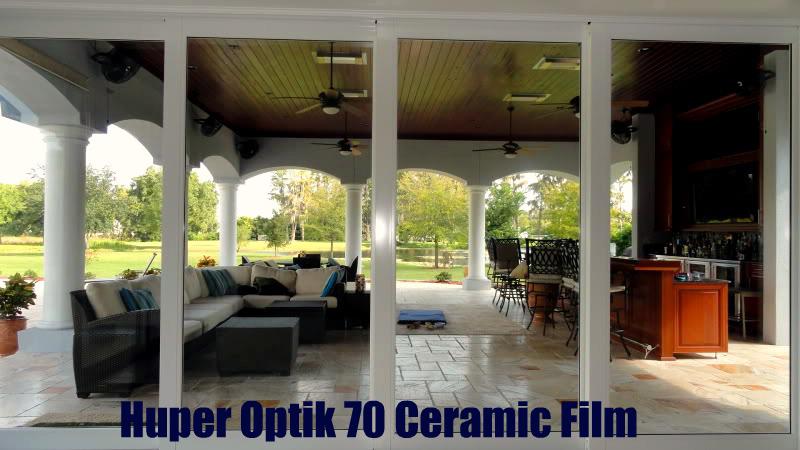
“OK Einstein; now that you’ve given me a headache; how do we know how much heat a window film can block?
Is their an objective resource?”
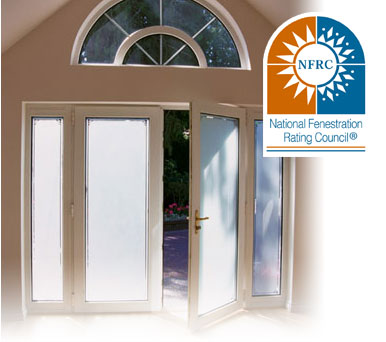
Facts: Indeed and glad you asked!
The NFRC has created a comparison resource of tested films measured with specific criteria for several window systems.
Huper Optik, LLumar, Bekaert, Madico, Hanita, SunTek, as well as 3M films are available for your review.
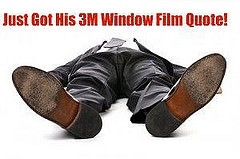
3M dealers advised that their film works better when it counts; when the sun is at an angle to our windows (the real world).
When they measured the heat rejection of their prestige films (in a special test that they invented), they claim there is a unique and significant improvement over the numbers documented by the NFRC mentioned above.
Isn’t this noteworthy?
Fact: No it is not.
All window films perform in a similar fashion when tested at an angle.
This isn’t a feature of the film itself but rather the angle of incidence on the glass or the film.
Less direct heat due to the positioning of the heat source (Sun) creates this outcome.
Implying that their film has a unique advantage is inaccurate and misleading.
The 3M dealer advised that films like Huper Optik ceramic films corrode in humid environments like Florida
They showed us a video of an accelerated weathering test where several apparently competitive films tarnished.
The 3M sample was unaffected.
Facts: Yes; I recall that video. T
he films that were actually tested by 3M were spectrally selective silver based films (none were Huper Optik Ceramic Films because they do not corrode!)
The samples that seemed to corrode? Advanced Film Solutions does not install any of those films here in Florida.
Of course what they did not test was the dyed layer on their film that can degrade over time or the scratch resistant coating to protect the film. Our Huper Optik Film is 100% dye free!
The 3M Dealer indicated that thanks to 3M rip stop action their thinner films are much stronger than thicker 8 ML or greater security films.
I tried ripping their film and it was tougher than ripping a sample of 8 ML! Explain that!
Facts: Yes that’s another interesting demo but the real world is, once again, another matter!
There are objective tests that tell a different story.
For example LLumar, Vista, Madico, Armorcoat, SunTek films (8 ML) have all passed ASTM 1886 4.5 Lb Missile and Cycling Tests.
I could go into detail concerning why they do not (after all I do have some 3M past experience) but suffice to say that if the thinner films could pass there would be no reason for 3M to test and pass with their thicker 6ML clear film or resell SunTek security films in 3M boxes.
I can assure you that the “3M” Affinity Films had no rip stop action.
Our local 3M dealer advised that their prestige films have a winter Low E value. Is that accurate?
Facts: No that is not accurate.
The Prestige film is a solar control film that is designed to lower the heat gain. This film does not insulate your windows during the winter.
Certainly a lighter version like Prestige 70 will let nearly 50% of the heat into your home in the winter thanks to that visible light again.
But that has nothing to do with the R value or keeping the heat inside

We base our preferences on solid fact and documented durability and aesthetics of our proposed selections.
We know the differences in optical clarity or whether the film conforms to your HOA rules or potential deed restrictions.
We certainly know which films qualify for TECO rebates (by the way no prestige film qualifies!)

We provide exact estimates and exact measurements. There are never any hidden costs or add on costs.
Toll Free : 877-575-3456

